Publications
Articles, publications, books, tools and multimedia features from the U.S. Institute of Peace provide the latest news, analysis, research findings, practitioner guides and reports, all related to the conflict zones and issues that are at the center of the Institute’s work to prevent and reduce violent conflict.
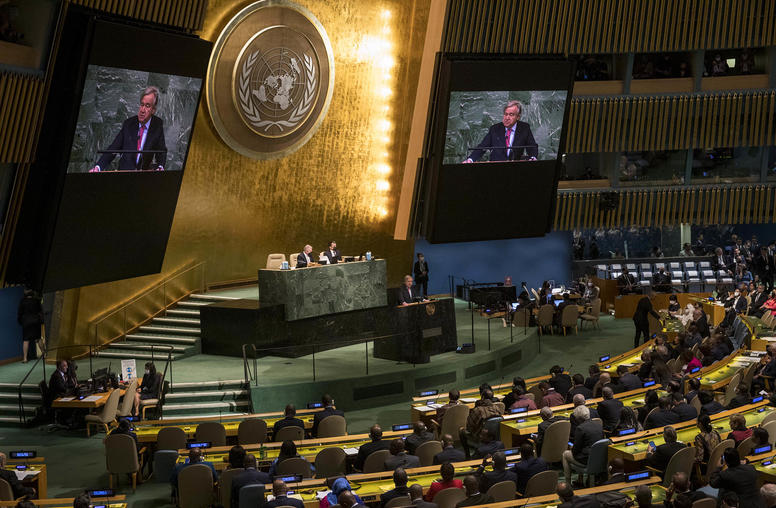
Positivism for Peace: Reforming the International System
Among many insightful and concerning points raised by the U.S. intelligence community’s 2023 threat assessment, it notes that "great powers, rising regional powers, as well as an evolving array of non-state actors, will vie for dominance in the global order … [and] compete to set the emerging conditions and the rules that will shape that order for decades to come.” China’s efforts to supplant U.S. dominance of global governance, along with divisions in the international community over the war in Ukraine have brought to the fore questions over the utility and viability of today’s international order.

Andrew Cheatham on the 2023 Summit for Democracy
As leaders gather for the Biden administration’s second democracy summit later this week, the president is working to “really push back on China’s offer” of narrow economic partnerships by “trying to make the case that you need the principles of democracy to have a good economy,” says USIP’s Andrew Cheatham.

Andrew Cheatham on the Importance of the U.N. General Assembly
Despite geopolitical tensions, the U.N. General Assembly remains important for cooperation on urgent global challenges like climate change, says USIP’s Andrew Cheatham: “It’s within the bureaucracy of the United Nations that a lot of countries can show leadership … If we didn’t have the U.N., I think we’d have to build it.”
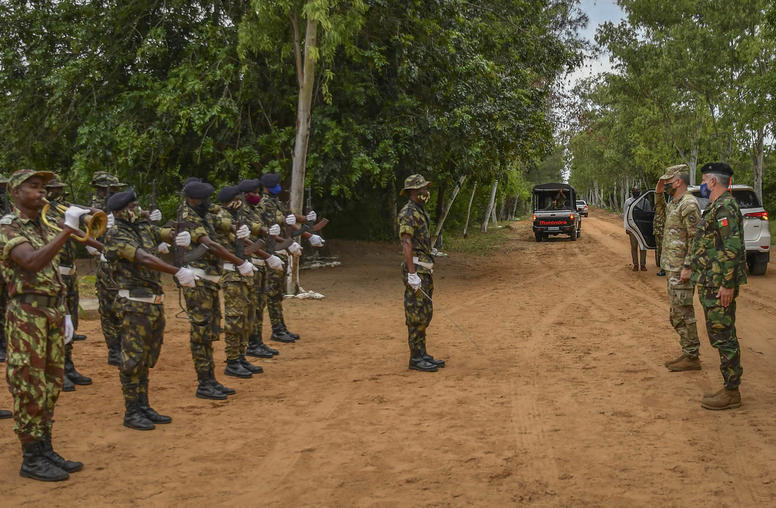
Regional Security Support: A Vital First Step for Peace in Mozambique
Over the last year, Mozambique has seen a marked improvement in security conditions in its troubled Cabo Delgado region. The military intervention of Southern African Development Community (SADC) member states and Rwanda has disrupted an Islamist insurgency that emerged in 2017 and has since inflicted an enormous toll on the region. Security in key areas of Cabo Delgado and neighboring provinces has stabilized, giving the Mozambican government — and its international backers — an opportunity to foster reconciliation leading to an enduring peace. The Mozambican government should immediately take advantage of this exceptional regional commitment, which won’t last forever.
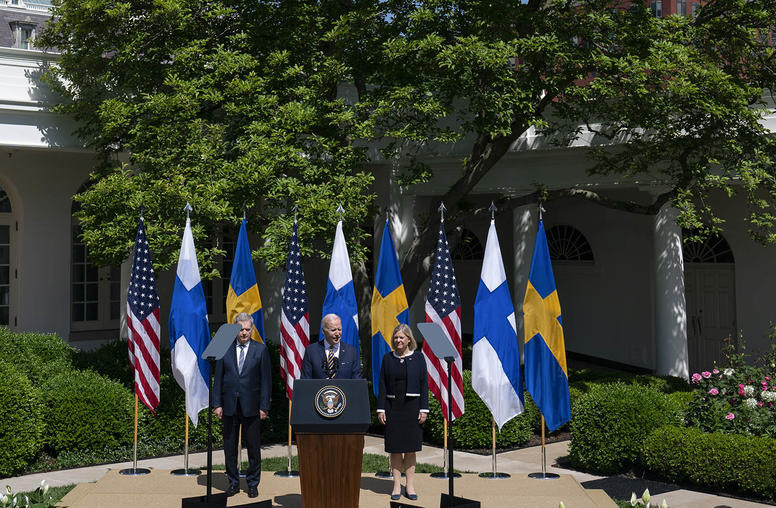
Is ‘Neutralization’ Obsolete After the Ukraine War?
In the immediate aftermath of Russia’s unprovoked invasion of Ukraine, some observers speculated that Kyiv could agree to terms of “neutralization” as part of a peace agreement. That notion, however, has been discarded in the intervening months, as Russia’s brutality and war crimes have led to both Ukraine and the international community hardening their stance on the contours of a peace agreement. Sweden and Finland have even decided to abandon their decades of neutrality and applied to join NATO. Will the Russia-Ukraine war be the death knell of neutralization?
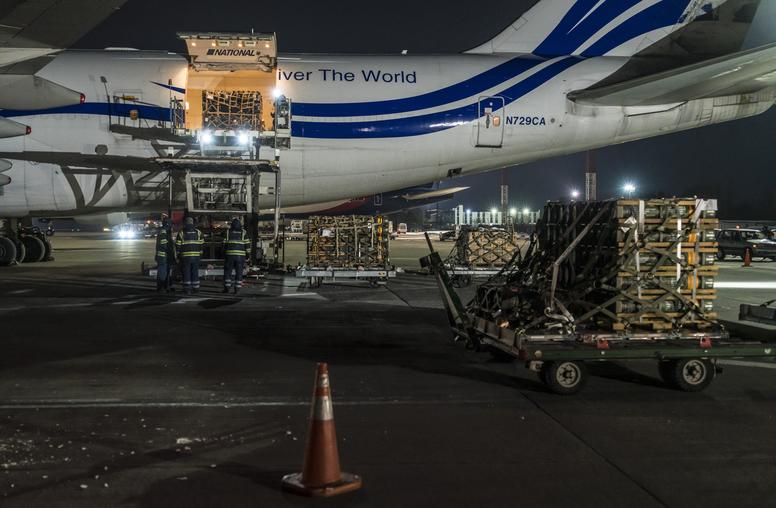
A Look at Neutrality Now — and After the Ukraine War
Russia’s invasion of Ukraine has prompted several conversations about the concept of “neutrality” in international law and related matters. Although this week’s visits between United Nations Secretary-General Antonió Guterres and Russian President Vladimir Putin and Guterres and Ukrainian President Volodymyr Zelenskyy have sparked some hope of reinvigorating peace talks, a settlement seems like a distant prospect. Nonetheless, it is likely that any deal will include provisions for Ukraine’s long-term neutrality in exchange for external states’ security guarantees. But autocrats like Putin often weaponize international legal concepts like neutrality for their own ends. As such, it is vital to reconsider and update global commitments to stabilizing legal frameworks to prevent would-be aggressors from exploiting international law.
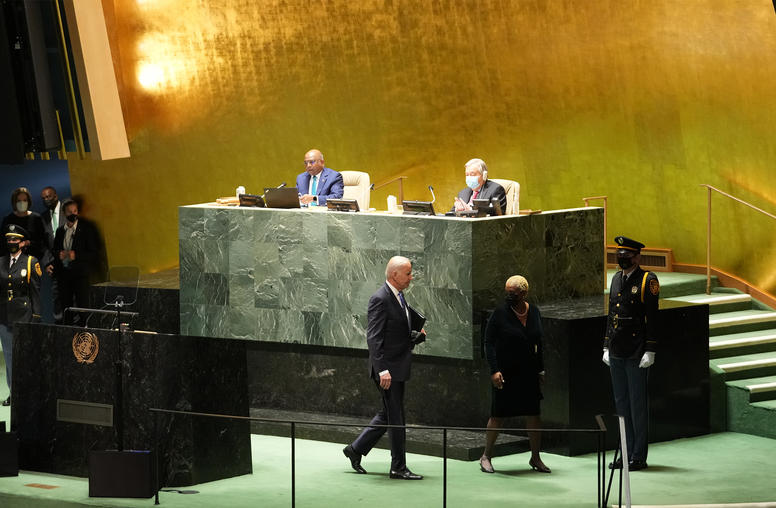
Rethinking U.S. Engagement with U.N. in the Context of Ukraine: Part Two
Russia’s war in Ukraine is a salient reminder of the world’s vulnerabilities to the potential cataclysmic impact of modern warfare. Russia’s nuclear arsenal, the world’s largest, is one of the underlying reasons why its actions in Ukraine have gone unchecked directly by NATO forces. Amid these threats, rules-based international institutions such as the United Nations have long been crucial to peaceful conflict prevention and resolution — but their effectiveness has been hampered in recent years by the United States’ withering commitment to multilateralism.
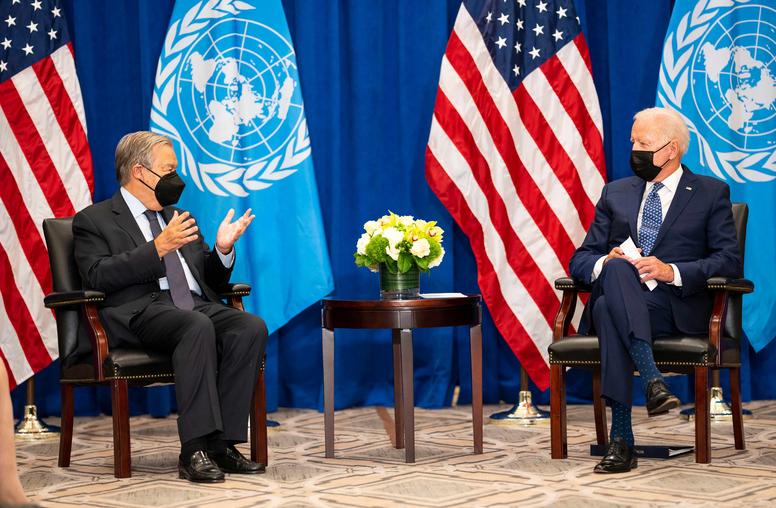
Rethinking U.S. Engagement with U.N. in the Context of Ukraine: Part One
The international community’s swift and unified response to Russia’s invasion of Ukraine has been nothing short of historic. Countries around the world have offered their individual repudiation of Russia’s aggression, from sanctions to much-needed aid for Ukrainian forces and civilians. But it’s the resurgence of multilateral institutions such as the United Nations that has been one of the more interesting — and potentially powerful — developments so far.